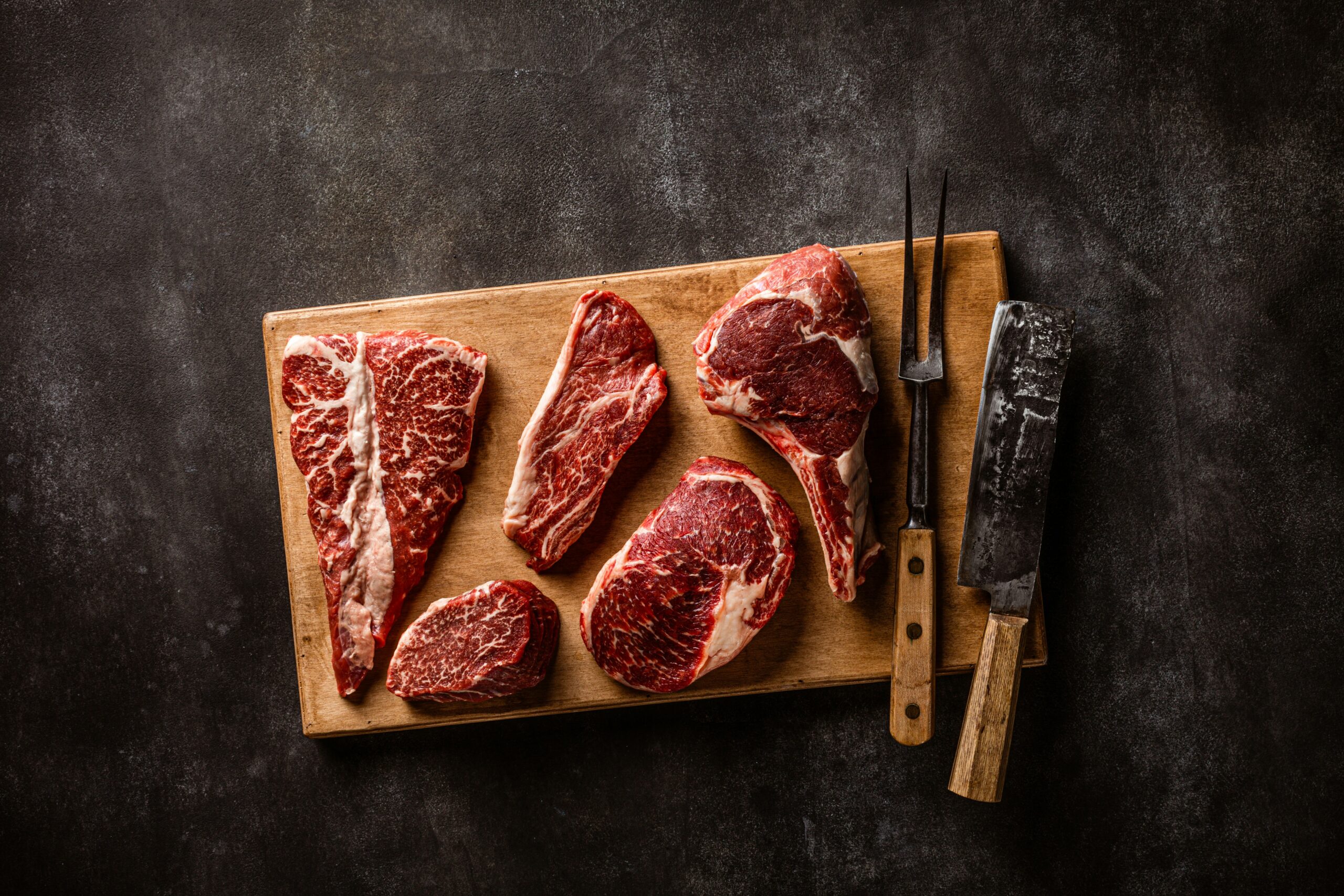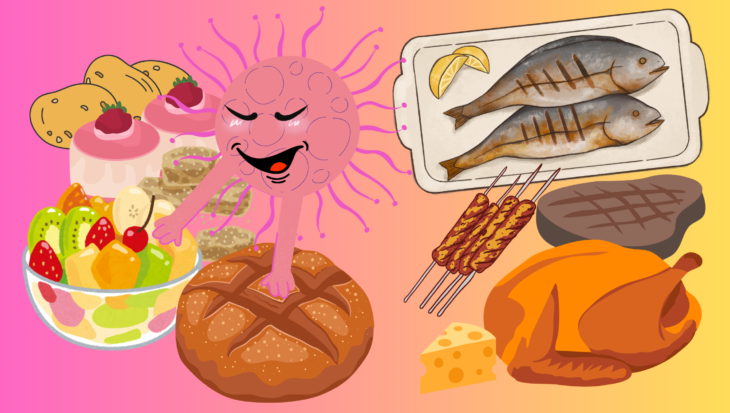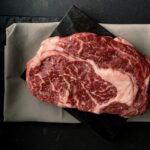For years, we’ve been told that animal fats are the enemy. Meat causes heart disease, right? Red meat gives you cancer, doesn’t it? But what if I told you that the opposite is true? What if the real culprit behind cancer, heart disease, and the modern health crisis wasn’t meat—but the very thing most people are told to eat more of: carbohydrates?
If you want to live a long, healthy life, it’s time to rethink what’s on your plate.
Cancer Thrives on Sugar, Not Meat
What if I told you cancer feeds on sugar?
Most cancer cells use a process called glycolysis, relying almost exclusively on glucose (sugar) to grow. As Dr. David Harper notes, “Cancer cells concentrate glucose 100 to 200 times more than healthy cells,” explaining why they show up on PET scans. When you eat a diet high in carbohydrates, you’re essentially feeding cancer cells.
But here’s where it gets interesting: a low-carb, high-fat diet (like keto) cuts off cancer’s fuel source. By limiting sugar and starch, you reduce glucose in the bloodstream and force your body into ketosis—a state where it burns fat for energy, which cancer cells cannot efficiently use. Harper explains further, “Why would we want a cancer patient to be eating a high-carbohydrate diet if that’s what the cancer cells are looking to eat?”
The Myth of Meat and Cancer: Time to Break It
We’ve been told for decades that meat causes cancer and heart disease. But have you ever wondered where that idea came from?
The belief that red meat causes cancer is based on weak observational studies that lump processed meats like hot dogs (which comes with a bun a sugary sauce, and maybe some coke?) together with grass-fed beef. And those studies? They don’t control for other factors like smoking, alcohol consumption, or overall lifestyle. The truth is, there’s no solid evidence to suggest that whole cuts of natural meat cause cancer.
As Dr. Harper explains, “Populations like the Inuit, who consume 70-90% of their nutrition from saturated fat, have no cardiovascular disease and almost no cancer. A single case of cancer would have been worth writing a paper on in their communities.” In other words, animal-based diets rich in saturated fat were not causing disease, even though modern nutrition advice would suggest otherwise.
So, is it the meat that’s killing us—or the processed foods we’ve replaced it with?
Carbohydrates and Fiber: Non-Essential, Overhyped
Here’s a fact that might shock you: carbohydrates are not essential nutrients. Your body can function perfectly without them. Unlike fats and proteins, which provide essential building blocks that your body can’t make on its own, carbohydrates offer no such benefit.
Through a process called gluconeogenesis, your body can create all the glucose it needs from fat and protein. This means you don’t need bread, pasta, or sugar to survive. Your body has you covered.
And fiber? Despite what the food industry might tell you, fiber is not essential either. Many people who follow a carnivore diet—eating only animal products—experience excellent digestive health without fiber. The idea that you need fiber to stay regular is simply a myth. Dr. Harper explains, “There are populations, such as the Inuit, that thrive without plant-based fiber in their diet.”
Ketosis: Your Body’s Natural Fuel Source
Ketosis isn’t just some diet fad—it’s how the human body evolved to survive. When carbohydrate intake is low, your body shifts from burning sugar to burning fat, creating ketones as an alternative energy source. This state isn’t harmful; in fact, humans have spent most of their evolutionary history in and out of ketosis.
“Babies are born in ketosis,” says Dr. Harper, pointing out that ketosis was a natural state during early human development and essential for brain health during breastfeeding.
Ketosis is the body’s preferred state, providing a clean, efficient fuel source that cancer cells cannot exploit.
The Problem with Nutrition Science: It’s Built on Faulty Research
Ever wonder why nutrition advice is so confusing? One day eggs are bad, the next day they’re good. It’s because most nutrition research is built on observational studies—research that can only show correlations, not causations and mostly funded by the processed food industry.
As Dr. Harper bluntly explains, “We can’t scientifically prove diet causes cancer without locking people in a lab for 30 years and controlling every aspect of their lives.” Most studies rely on food questionnaires and self-reported data, which are notoriously unreliable.
How to Reclaim Your Health: Go Animal-Based
Here’s what you need to do:
- Ditch the carbs. Start by eliminating sugar, bread, pasta, and all processed foods.
- Embrace fat. Eat nutrient-dense animal fats like grass-fed butter, organ meats, and pasture-raised eggs.
- Forget fiber myths. Your body doesn’t need fiber to function properly.
By switching to an animal-based diet, you’ll not only lose weight and feel better, but you’ll also reduce your risk of chronic diseases like cancer, diabetes, and heart disease. Science is catching up to what ancient cultures have known for millennia—animal-based diets are the key to longevity and vitality.
Final Thoughts: Take Control of Your Health
The food industry and outdated science have been misleading us for years. It’s time to question everything you’ve been told about diet and nutrition. If you want to live a long, healthy life, look to what humans have been thriving on for thousands of years: meat, fat, and nutrient-dense animal foods.
Start today. Your body will thank you.









